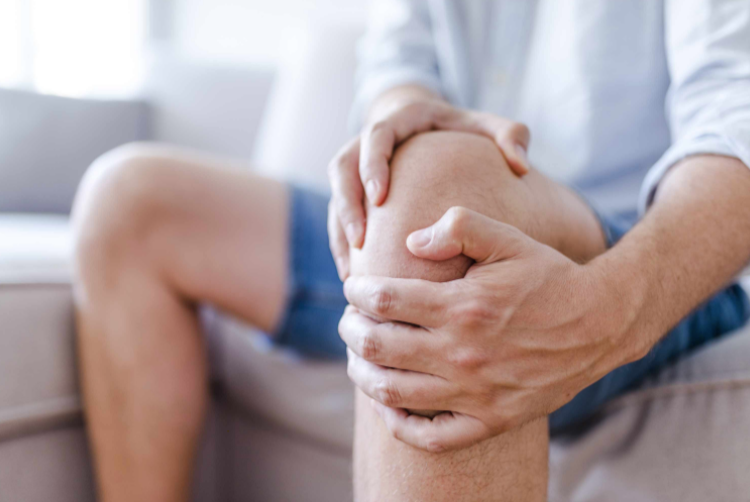Knee Arthritis – Frequently Asked Questions

As part of my NHS and private practice, I specialise in seeing patients who have knee arthritis. Most commonly patients present to me with osteoarthritis, but they can also have rheumatoid arthritis, or arthritis following a traumatic injury to the knee. I am often asked questions in the clinic by patients who are anxious about their condition, and would like more information. I have put together some of the more common questions which patients have asked me, and will endeavour to shed some light on these so others who might be in a similar situation can benefit.
Which exercises should I do for knee arthritis?
In terms of exercise, it really depends on your personal preferences of exercises and also which exercises you find comfortable doing. As a general rule any exercise is better than no exercise. The key thing when exercising to consider is that the exercise should be low impact, to prevent further pain and injury in the knee. Also it might be worth considering wearing shock absorbing trainers or shoes to further minimise the impact to the knees when exercising. To optimise your time and get the best outcome when exercising with knee arthritis, you should visit a qualified physiotherapist who will prescribe you with a customised set of exercises tailored to your knee arthritis and your fitness level.
Which exercises should I avoid for knee arthritis?
You should certainly avoid all high impact exercises and sports (basketball, squash, football, racketball etc). These can further aggravate any inflammation in the knee, and could make you more prone to injury.
Should I wear knee support or brace in knee arthritis?
If you find that wearing a knee support or brace is making your knee arthritis less painful, you should certainly wear it. Knee supports and braces can reduce swelling in the knee, which can alleviate pain. Furthermore, wearing a support or brace can make you more mindful of your knee hence reducing the risk of injury from overexertion.
Is walking good for knee arthritis?
Walking is an excellent form of exercising for your knee arthritis, and for your general well being as well. It is a low impact activity which we would recommend. Walking is something that all of us can do, and therefore is more likely to be done regularly which is good for knee arthritis.
Is running good for knee arthritis?
Running with well padded shoes and on a soft surface (avoid tarmac if possible) is a good form of exercising. This is a higher impact sport but not as high impact as basketball, squash, racketball etc. It should be done with caution, but with appropriate care and running equipment, can help with your knee arthritis.
What foods make arthritis worse?
Generally speaking there is no significant correlation between knee arthritis and any particular food with the exception of gout. In gout, controlling your diet will reduce gouty flares and improve your overall knee arthritis. Apart from the diet it is advisable to take medications for gout as prescribed by your GP. For patients with Gout, diets should include food low in purines as they get digested into uric acid which then gets deposited in to the affected joints. Gout sufferers should avoid red meat, seafood, alcohol (inc. beer and in some cases also red wine).
Is coffee bad for arthritis?
There is no scientific evidence suggesting that coffee would have any impact on knee arthritis. There is some weak evidence suggesting that more than 7 cups of coffee per day might negatively affect knee arthritis, but further studies need to be done to validate this.
Can knee arthritis cause calf pain?
Knee arthritis itself can cause calf pain, as the pain can be radiated down from the knee to the calf. Most patients describe a more ‘bony’ pain as opposed to muscle pains in this case. On the other hand, calf pain particularly after prolonged rest periods (i.e. long haul flight, long car drive, after being bed bound) can be a first sign for blood clots. If the pain gets worse on bending and extending your toes and ankle, and feels more ‘muscle pain’ rather than bone pain, then seek urgent medical advice.
For more information on knee arthritis written by Mr Matija Krkovic, click here
If you have knee arthritis and would like a specialist review, please book a consultation today.

Author: Matija Krkovic
Website: https://www.limbreconstructions.com/